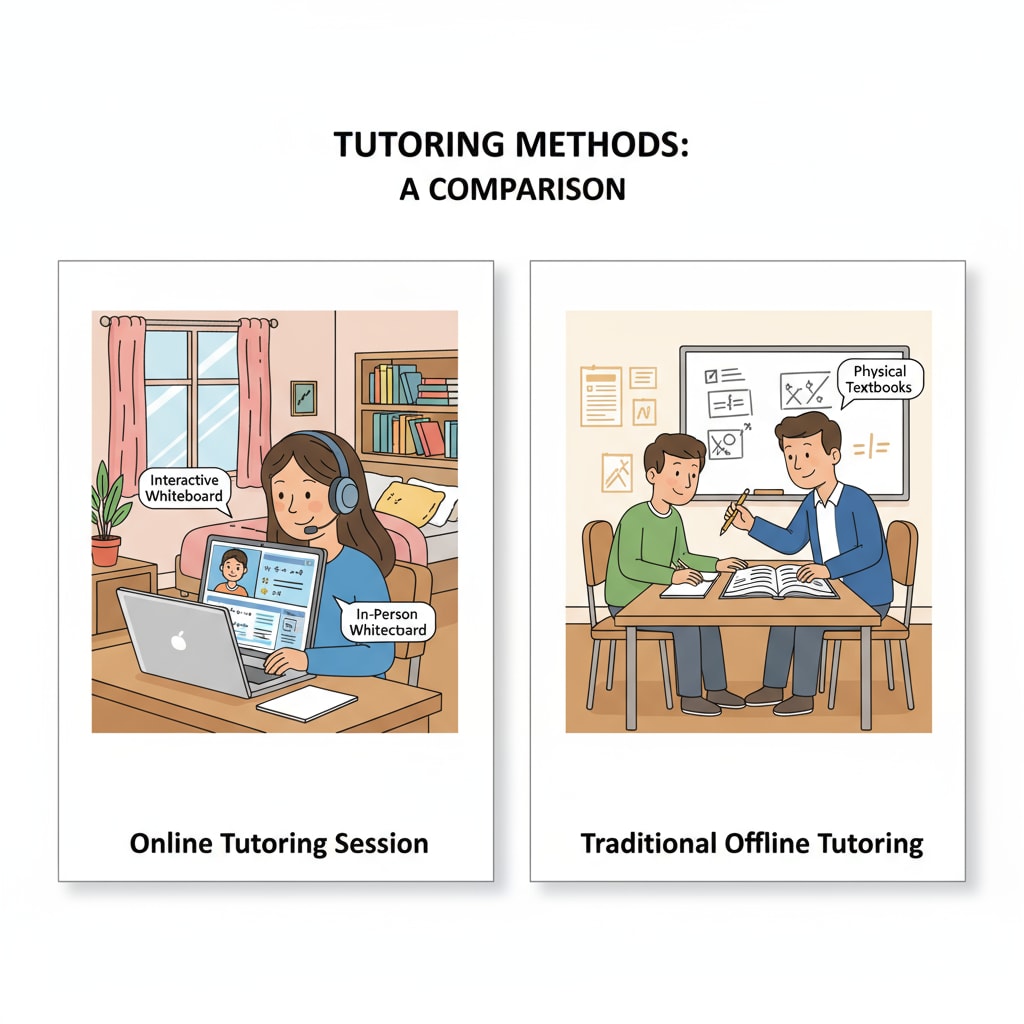In the realm of K-12 education, the choice between online and offline tutoring often hinges on parents’ trust. Parents play a crucial role in deciding the best educational path for their children, and their trust in either online or offline tutoring can significantly impact this decision. Let’s take a closer look at the factors influencing this trust and how online education platforms can bridge any trust gaps.

Factors Affecting Parents’ Trust in Offline Tutoring
Offline tutoring has long been the traditional choice for many parents. One of the main reasons for their trust is the in-person interaction. When a tutor meets a student face-to-face, parents believe they can better monitor the learning process. For example, they can observe the tutor’s teaching style, how the tutor engages with the student, and the overall classroom atmosphere. This hands-on experience gives parents a sense of control over their child’s education. According to Education.com, in-person tutoring allows for immediate feedback and a more personalized learning experience, which are highly valued by parents.

Factors Affecting Parents’ Trust in Online Tutoring
Online tutoring, on the other hand, has its own set of factors that either attract or deter parents’ trust. The convenience factor is a major draw. Parents love the idea that their children can receive tutoring from the comfort of their own homes, saving time on commuting. However, concerns about technology reliability and the lack of in-person presence can erode trust. For instance, technical glitches like video freezes or audio problems can disrupt the learning experience. Additionally, some parents worry that online tutors may not be able to fully understand and address their child’s unique learning needs without physical interaction. As stated on TeachThought, building trust in online tutoring requires overcoming these technological and interpersonal barriers.
Another aspect that affects parents’ trust in online tutoring is the credibility of the platform and the tutors. Parents need to be assured that the tutors are qualified and have a proven track record. Online platforms must be transparent about their tutor selection process, qualifications, and customer reviews to build trust.
Readability guidance: As we’ve seen, both offline and online tutoring have their unique factors influencing parents’ trust. In the next section, we’ll explore strategies for online education platforms to build trust. By addressing these factors, online tutoring can gain more acceptance and trust from parents, providing a valuable alternative in K-12 education.


